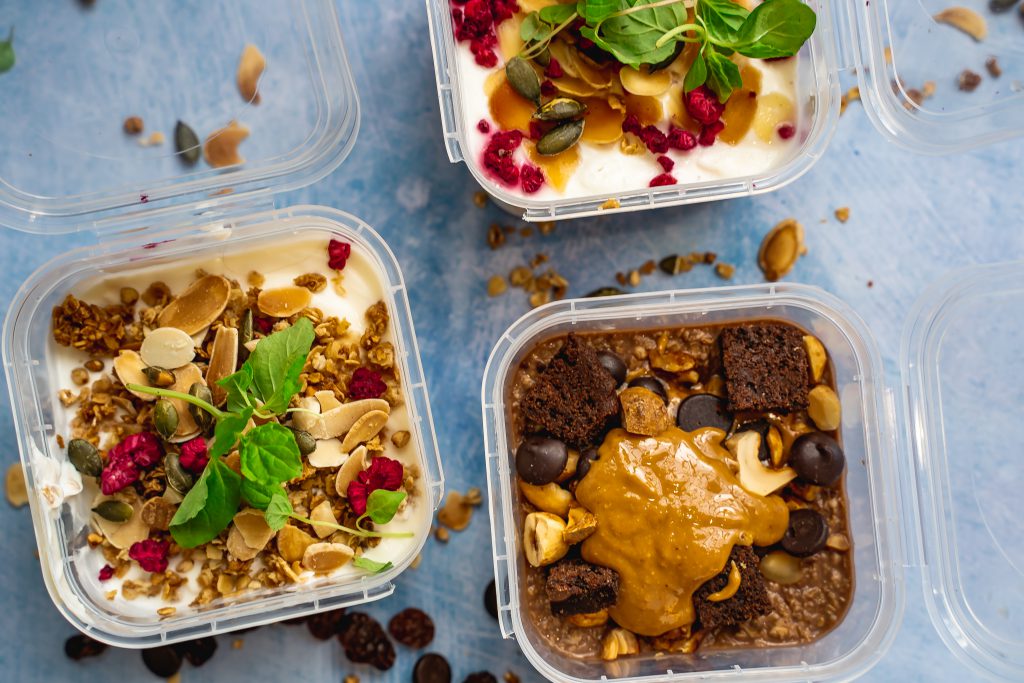The Importance of Personalised Nutrition

Most dietary guidelines provide information about what a healthy diet is. Whilst they can be a useful starting point, the details of individual nutritional requirements can be very different, as are we. To begin, we’re going to look at the basics, starting with how many calories should you eat and in what form?
Energy
Our bodies need energy and nutrients to survive and stay healthy. The energy in food is expressed as calories. How many you need depends on your body size and composition, the type of foods you eat and how active you are. Several equations can be used to work out how many calories you require to maintain your current weight.
Whether you should eat the calories calculated will depend on your goal. If you want to lose weight, you’ll need to eat less, leading to a calorie deficit. If you are looking to gain weight, you’ll need to eat more, creating a calorie surplus. For more detail on how these factors affect your energy expenditure, please see our blog about calories here.
Macros
We get our calories from 3 main macronutrients: protein, carbohydrates and fat. Alcohol is the 4th, often overlooked macronutrient. Each ‘macro’ has its own energy value. Protein and carbohydrate yield four calories per gram, alcohol seven and fat provides 9.
Carbohydrates are used mainly for energy. People who do a lot of endurance (cardio) training or any team sport for a prolonged period of time will need more carbohydrates to fuel their training. When stored carbohydrate in our muscles is depleted performance goes down dramatically and athletes hit what is known as the ‘wall’.
Fats provide lots of energy in a compact form. This is great if you are looking to gain weight, but struggle to eat enough calories. Topping up your meals with healthy fats such as nuts, olives and avocado can help to increase your calories without increasing the volume of your meals too much.
Protein is not recognised primarily as an energy source, but instead as a building block for all bodily tissues, some enzymes and hormones. Old, growing, pregnant or people recovering from injury have an increased need for protein. Either because they are losing tissue or because they are trying to (re)build tissue. Exercise causes muscle damage and muscle then adapts, creating stronger or more efficient muscles. To enable this adaptation, protein is needed.
Take home message
Energy needs can vary a lot between individuals despite the generic recommendation for populations. Different nutrients have different functions so engaging in certain types of exercise, having a different goal, being ill or pregnant can alter your macronutrient needs. When it comes to nutrition, there is no one size fits all.
If you want to know more, get in touch with our team of in-house nutritionists.
- The Comfort of Tradition: Why We Crave Holiday Foods - December 23, 2024
- Is There a Place for Ultra-Processed Foods in Your Diet? - November 29, 2024
- Tempeh and Quinoa Power Bowl Recipe - November 7, 2024